Tamás Deutsch spoke at the Brussels premiere of the Elk*rtuk, organized by the Foundation for Civic Hungary and the Hungarian Wave Public and Cultural Society: on Ferenc Gyurcsány’s command, mass police brutality was utilized against those in his own cabinet opposed to his lies and those protesting the leftist government.
It is an eternal political sin that “very literally, police boots trampled on rule of law in Hungary” due to a cool-headed and planned political order; this was an openly hostile attack on the very foundations of democracy and rule of law, said Tamás Deutsch.
He stated that the most dominant political parties of the Hungarian left are notoriously post-communist actors that violently squashed the 1956 fight for freedom such as János Kádár, Ferenc Münnich, Béla Biszku, and Antal Apró.
The powers in existence today are the successors of that Hungarian Socialist Workers’ Party, and the successors of those successors and their related politicians’ organizations.
According to him, the post-communist successors – who make up the majority of the Hungarian left – have not been able to digest the legacy of 1956 since the regime change. In fact, the legacy of the 1956 revolution calls into question the legitimacy of the democratic Hungarian left which consists of the post-communist players, said the MEP. The post-communist Hungarian left has never been able to identify with ‘56 in a political sense and has never wanted to face the historical sins of the retaliation following 1956.
“15 years ago, Gyurcsány employed police brutality against those of another political opinion, and as the leader of the post-communist Hungarian left, he wanted to take revenge one the benign Hungarians for the post-communist left’s personal, familial and political frustrations due to 1956” he said.
The leader of the Fidesz delegation to the European Parliament stated: it is unprecedented in any EU country to use police brutality to crack down on political protests or to use physical and criminal retaliation against innocent people who simply disagree. This is typical of dictatorships.
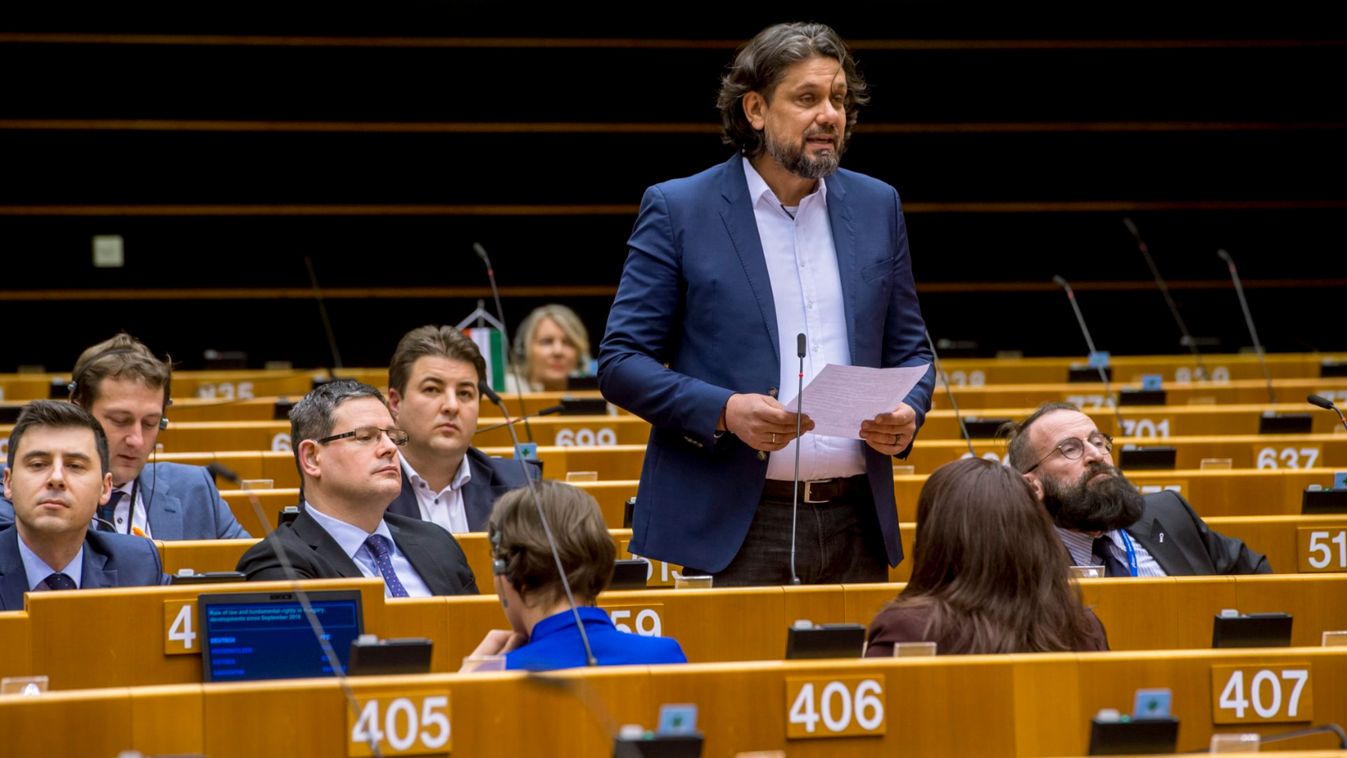



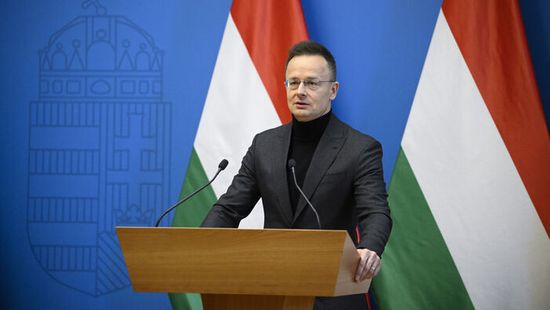




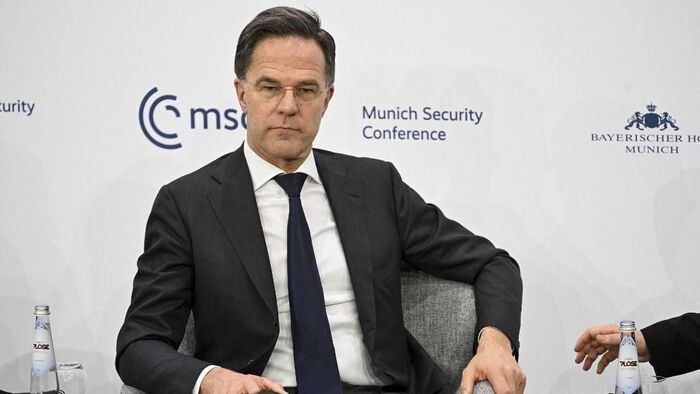





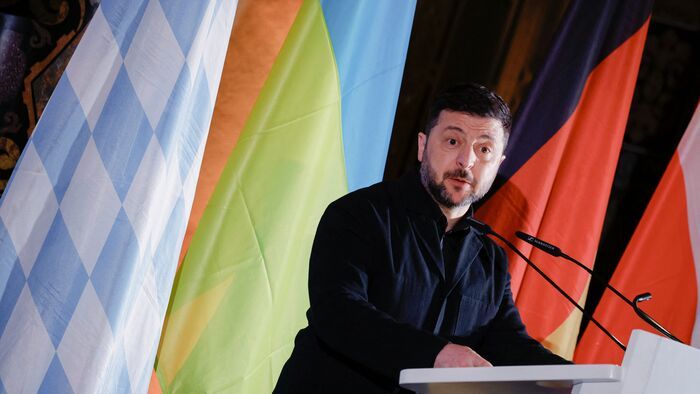

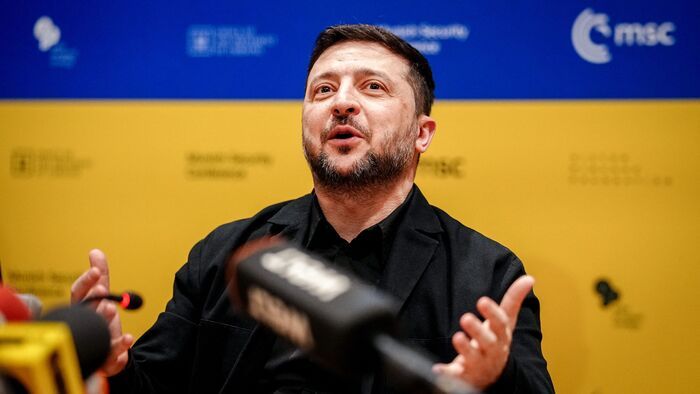





Szóljon hozzá!
Jelenleg csak a hozzászólások egy kis részét látja. Hozzászóláshoz és a további kommentek megtekintéséhez lépjen be, vagy regisztráljon!